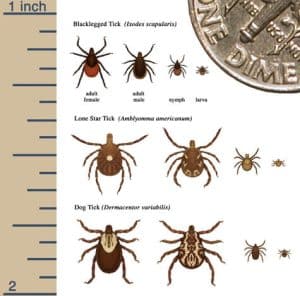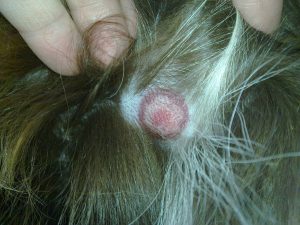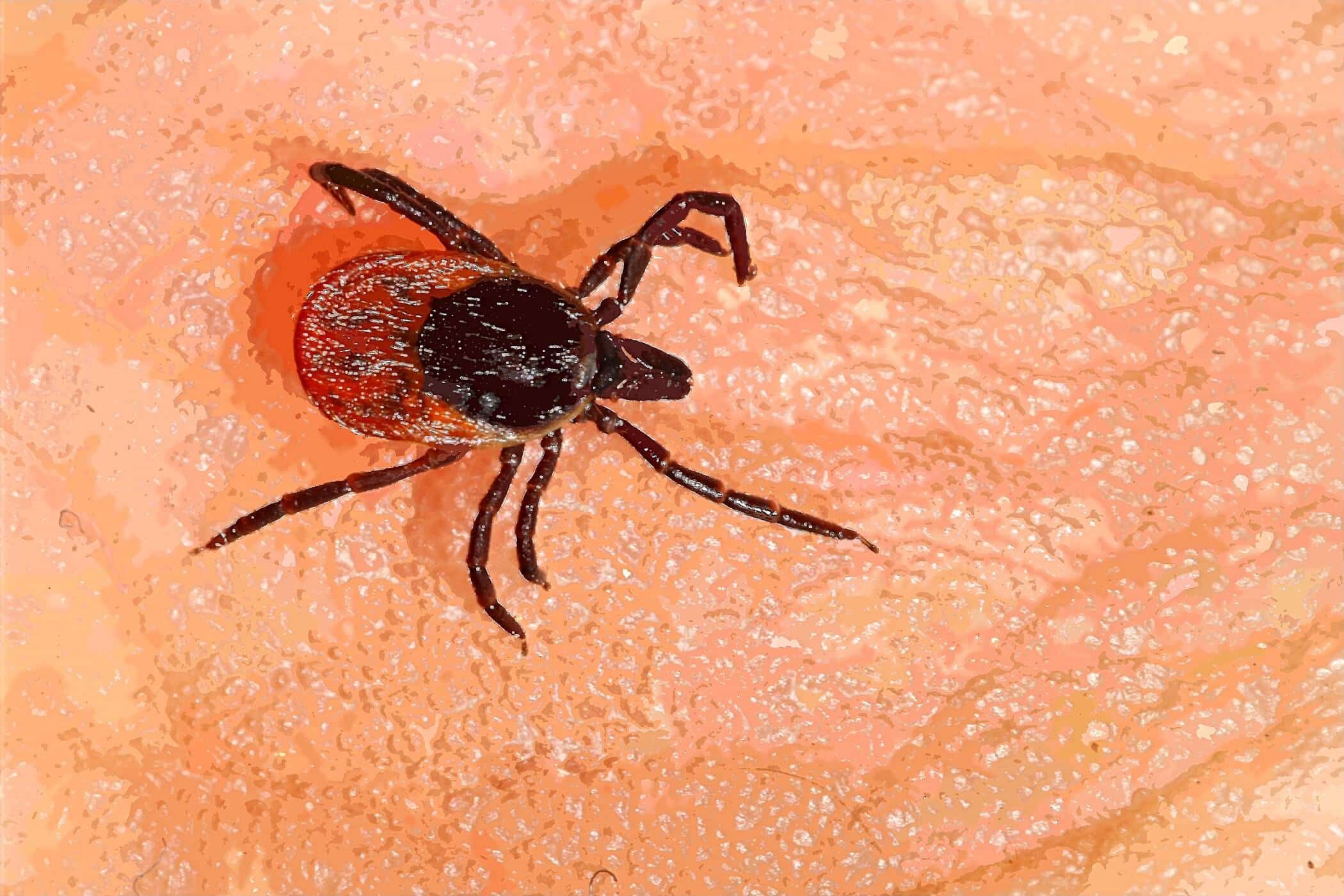Dr. Sonya Nobbe, ND
KFL&A Public Health reports that in 2013, 23% of the ticks brought in for testing were positive for B. Burgdorferi, the infectious agent of Lyme disease. Our region is considered high risk for Lyme disease. Additional infections carried by ticks (collectively known as Lyme co-infections), were not evaluated. Please educate yourself, friends, and family members about tick-bite prevention and treatment. I’ve thoroughly researched and summarized some guidelines to keep in mind this season:
1. Wear light-coloured, long-sleeved clothing with pants tucked into socks, when outdoors in tall grasses and wooded areas so that ticks are more visible.
2. A product containing 30% DEET is officially recommended for adults. For children younger than 12 years, Health Canada recommends using a product with 10% DEET. However, the repelling effects at this concentration may only last for 1 to 2 hours. Alternate approved chemicals for children or sensitive individuals include products with Icaridin (e.g. Avon Skin So Soft, some MEC and OFF! brand products).
3. Non-approved but well researched natural repellants include Lemon Eucalyptus oil (Eucalyptus citriodora), Labrador tea oil (Rhododendron tomentosum), Juniper (Juniperus virginia), and Marjoram (Origanum majorana). These can be mixed in a ratio of 12 parts pure grain alcohol (95% if available), to 1 part oil combination, and applied liberally with a dark glass spritzer bottle over clothing.
 Sarah Knight has recently brought an internationally-known therapeutic practice to the clinic, that focuses on healing uncomfortable family dynamics, including inherited patterns and traumas that go back generations. Some people and old-world medicines refer to this as resolving energy patterns carried forward from our ancestors. Science calls it epi-genetics.
Sarah Knight has recently brought an internationally-known therapeutic practice to the clinic, that focuses on healing uncomfortable family dynamics, including inherited patterns and traumas that go back generations. Some people and old-world medicines refer to this as resolving energy patterns carried forward from our ancestors. Science calls it epi-genetics. KFL&A Public Health reports that in 2013, 23% of the ticks brought in for testing were positive for B. Burgdorferi, the infectious agent of Lyme Disease. In 2016, this number rose to 32%. And though only 1 to 4% of bites from infected ticks generate infection, the rate is plenty high enough to consider our region a Lyme-endemic location. Please educate yourself, friends, and family members about tick-bite prevention and treatment. I’ve thoroughly researched and summarized some guidelines to keep in mind this season:
KFL&A Public Health reports that in 2013, 23% of the ticks brought in for testing were positive for B. Burgdorferi, the infectious agent of Lyme Disease. In 2016, this number rose to 32%. And though only 1 to 4% of bites from infected ticks generate infection, the rate is plenty high enough to consider our region a Lyme-endemic location. Please educate yourself, friends, and family members about tick-bite prevention and treatment. I’ve thoroughly researched and summarized some guidelines to keep in mind this season: Lyme Disease. I have a difficult time thinking of a more contentious health topic. The chronicity of the disease continues to be rejected by most of our medical professionals despite intense pressure from grassroots and non-profit organisations to remain more open minded about the thousands of Canadians suffering with chronic, debilitating symptoms.
Lyme Disease. I have a difficult time thinking of a more contentious health topic. The chronicity of the disease continues to be rejected by most of our medical professionals despite intense pressure from grassroots and non-profit organisations to remain more open minded about the thousands of Canadians suffering with chronic, debilitating symptoms.